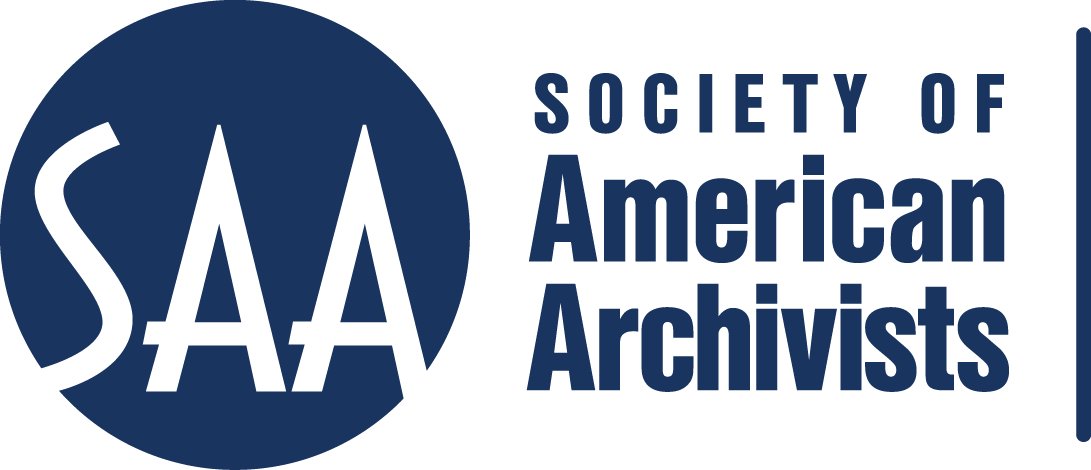“It's a Trap”: Complicating Representation in Community-Based Archives
This article contributes to ongoing discourse that highlights oppressive institutional attitudes and approaches toward archiving materials that document the lived experiences of historically marginalized and minoritized people and communities. Through analyzing focus groups and interviews with members of minoritized communities about community archives, this article outlines four key tensions that exist around representation: holding conflicting desires of how to honor older generations; navigating methods of respecting privacy and cultural values; acknowledging the importance of preserving community history versus individual histories; and developing strategies for protecting the community. Together, these tensions illustrate the nuances of representation in archives: how members of minoritized communities navigate complex, often conflicting, affects within archival materials and how they protect themselves and future generations through visibility and invisibility. The authors introduce the concept of representational subversion, which they define as the ways in which historically minoritized communities balance and respect both their representation and erasure in society and archives, working through the tensions of honor, cultural nuance, individual value, and community protection. Representational subversion emerges among minoritized people/communities when they use their agency to protect themselves and the communities in which they find a sense of belonging. In explicating four tensions that mark representational subversion, the authors acknowledge a minoritized community's rights to be forgotten/forget (alongside their right to be remembered), to self-preservation, and to self-determination, and demonstrate the reach and perpetual threat of white supremacy in archives.ABSTRACT




Contributor Notes
Joyce Gabiola is an archivist who produces knowledge and proactively nurtures ways of doing toward preventing or mitigating potential harms concerning all aspects of archival work and leadership. Their research and intentional practice are largely informed by their lived experiences, the interventions of archivists and other information practitioners of color, and the everyday challenges that emerge while navigating relationships with direct beneficiaries of whiteness. Their essay, “On (En)countering the Archival Sidekick,” is published in the anthology Q&A: Voices from Queer Asian North America (Temple University Press, 2021). Gabiola is also one of the founding editors of up//root, a We Here publication.
Gracen Brilmyer, PhD, is an assistant professor in the School of Information Studies at McGill University and the director of the Disability Archives Lab (http://disabilityarchiveslab.com). Their research lies at the intersection of disability studies and archival studies, where they investigate the ways in which disabled people use, experience, and understand themselves through archives as well as how to tell histories of disability when there is little or no archival evidence. Their writing on disability history and archival methodologies has been featured in publications such as The Journal of Feminist Scholarship and Archival Science.
Michelle Caswell, PhD, is chair of the Department of Information Studies and an associate professor of archival studies at the University of California, Los Angeles (UCLA). Caswell directs a team of students at UCLA's Community Archives Lab (https://communityarchiveslab.ucla.edu). In 2008, together with Samip Mallick, Caswell cofounded the South Asian American Digital Archive (http://www.saada.org), an online repository that documents and provides access to the stories of South Asian Americans. She is the author of the books Urgent Archives: Enacting Liberatory Memory Work (Routledge Press, 2021) and Archiving the Unspeakable: Silence, Memory and the Photographic Record in Cambodia (University of Wisconsin Press, 2014), as well as more than forty peer-reviewed articles in critical archival studies.
Jimmy Zavala is the teaching and learning librarian for UCLA Library Special Collections. Prior to joining UCLA, Zavala was the project coordinator librarian for Transforming Knowledge, Transforming Libraries, a three-year IMLS-funded research project analyzing the intersection of ethnic studies and community archives at UC Irvine. He received his MLIS from UCLA and also holds a BA in Latin American studies and an MA in history from California State University, Los Angeles.

